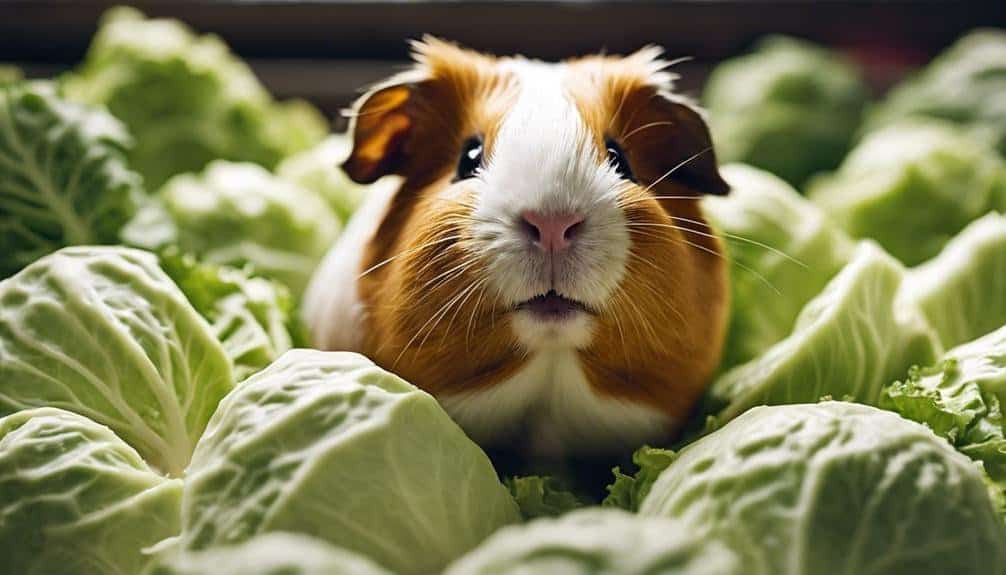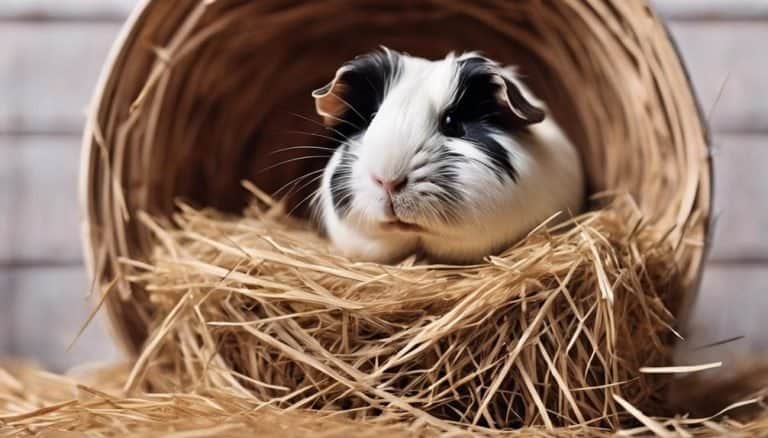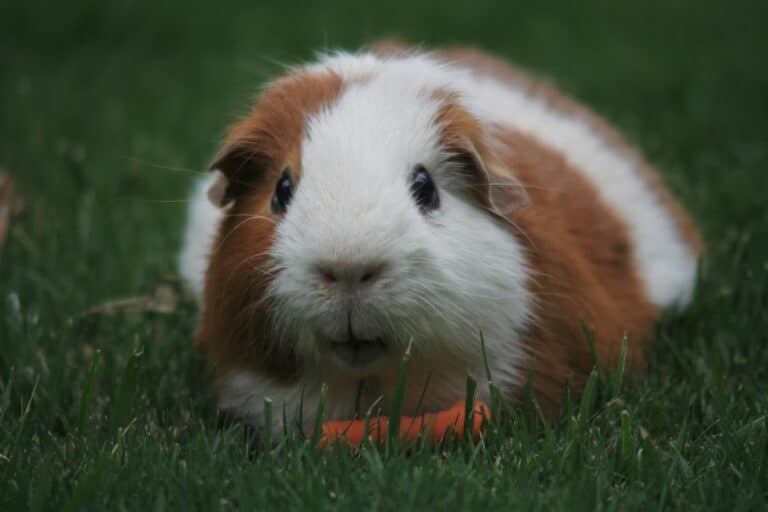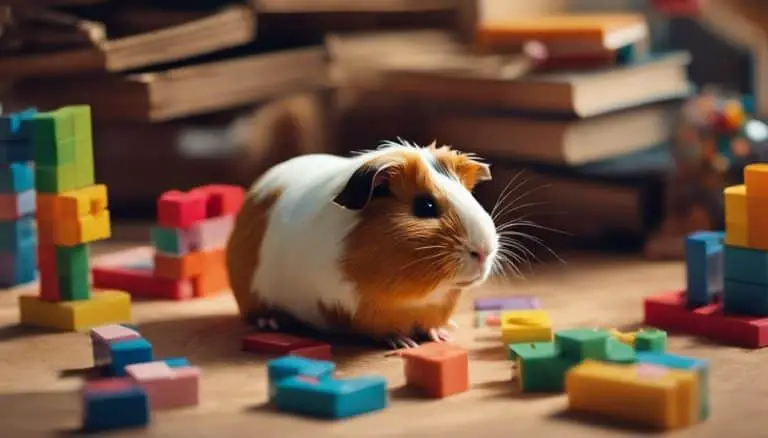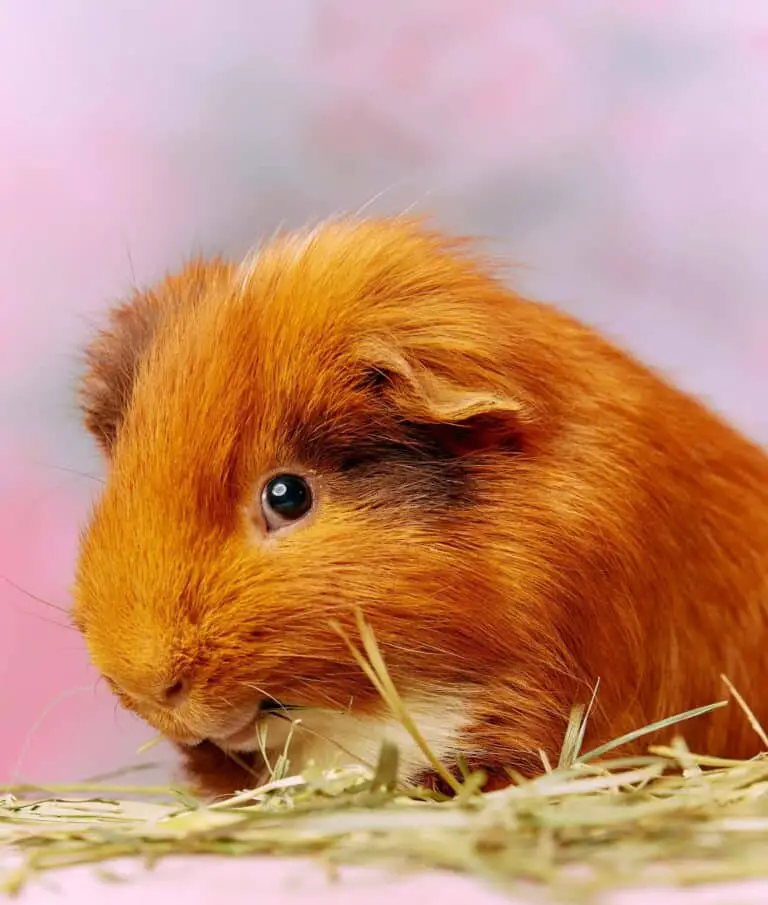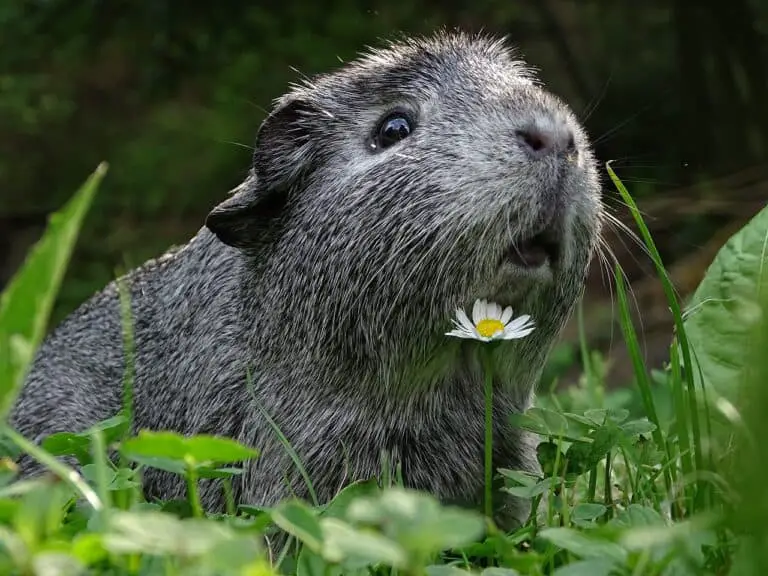How Guinea Pigs Can Safely Eat Cabbage: A Guide
We all know that guinea pigs are adorable pets, but did you know that their diet plays a crucial role in their overall health?
When it comes to cabbage, there are specific guidelines to ensure their well-being. Understanding how guinea pigs can safely eat cabbage is essential for responsible pet ownership.
Let’s explore the dos and don’ts of incorporating this leafy green into your furry friend’s meals.
Nutritional Benefits of Cabbage for Guinea Pigs
When considering the nutritional benefits of cabbage for guinea pigs, it’s essential to acknowledge the vital role it plays in providing essential nutrients for their overall health and well-being.
Cabbage is a rich source of Vitamin C, crucial for guinea pigs as they’re unable to produce this vitamin themselves. Vitamin C supports their immunity, aids in healing, and overall health maintenance.
The fiber content in cabbage is beneficial for guinea pigs’ digestion, promoting gut health and helping regulate cholesterol levels.
Additionally, the presence of calcium in cabbage contributes to bone health, essential for the well-being of guinea pigs. This mineral is particularly advantageous for pregnant sows, as it supports their bone health during pregnancy.
Risks Associated With Feeding Cabbage to Guinea Pigs
Feeding cabbage to guinea pigs carries potential risks that owners should be aware of to ensure their pets’ well-being and health. While cabbage is a good source of vitamin C, excessive consumption can lead to diarrhea in guinea pigs. The high calcium content in cabbage poses a risk of urinary infections and kidney stones if fed in large quantities. It’s advisable to limit cabbage intake to 2-3 times per week to prevent such issues.
Maintaining a balanced diet for guinea pigs is crucial, so it’s essential to mix cabbage with other vegetables and foods to avoid overloading them with one nutrient, especially calcium. Care should be taken when combining cabbage with other calcium-rich foods in a guinea pig’s diet to prevent potential health complications. By being mindful of these risks and incorporating cabbage in moderation within a varied diet, owners can ensure their guinea pigs remain healthy and happy.
Recommended Serving Size of Cabbage for Guinea Pigs

To maintain optimal health for guinea pigs, it’s recommended to serve cabbage in moderation, typically 2-3 times per week, as part of a balanced diet that includes a variety of vegetables. Guinea pigs can enjoy cabbage as part of their vegetable intake, but it shouldn’t be the sole component of their diet.
Monitoring their reaction to cabbage is crucial, as some guinea pigs may be more sensitive to it than others. Excessive consumption of cabbage can lead to digestive issues such as diarrhea in guinea pigs, so it’s important to limit the serving size and introduce it gradually alongside other vegetables.
Preparing Cabbage Safely for Guinea Pig Consumption
After considering the recommended serving size of cabbage for guinea pigs, it’s essential to ensure the safe preparation of cabbage for their consumption. When preparing cabbage for guinea pigs, follow these guidelines:
- Wash cabbage thoroughly: Before feeding cabbage to guinea pigs, it’s important to wash it thoroughly to remove any dirt or pesticides that may be present on the leaves.
- Remove tough outer leaves and core: Make it easier for guinea pigs to eat by removing the tough outer leaves and core of the cabbage.
- Cut into small, bite-sized pieces: To prevent choking hazards, cut the cabbage into small, bite-sized pieces that are easy for guinea pigs to consume.
- Introduce gradually into their diet: It’s advisable to introduce cabbage gradually into your guinea pig’s diet to monitor for any adverse reactions they may have to this new food item.
Monitoring Guinea Pig’s Health After Introducing Cabbage

As we introduce cabbage into our guinea pig’s diet, it is crucial to vigilantly monitor their health for any potential changes or adverse reactions. Keeping a close eye on your guinea pig’s well-being is essential to ensure that the introduction of cabbage does not lead to any digestive upset or health issues. Here is a table to help you track and monitor your guinea pig’s health after incorporating cabbage into their diet:
| Aspect to Monitor | What to Look For |
|---|---|
| Digestive Upset | Diarrhea, bloating |
| Overall Health | Energy levels, appetite |
| Allergic Reactions | Itching, sneezing, unusual behavior |
| Stool Consistency and Frequency | Gastrointestinal issues |
| Consulting with a Veterinarian | Concerning changes in health or behavior observed |
Conclusion
In conclusion, cabbage can be a nutritious addition to a guinea pig’s diet when fed in moderation and balanced with other vegetables.
By following the recommended serving size and monitoring your guinea pig’s health after introducing cabbage, you can ensure they receive the benefits of this vegetable without any negative side effects.
Remember to always prioritize your guinea pig’s health and well-being when making dietary choices for them.

